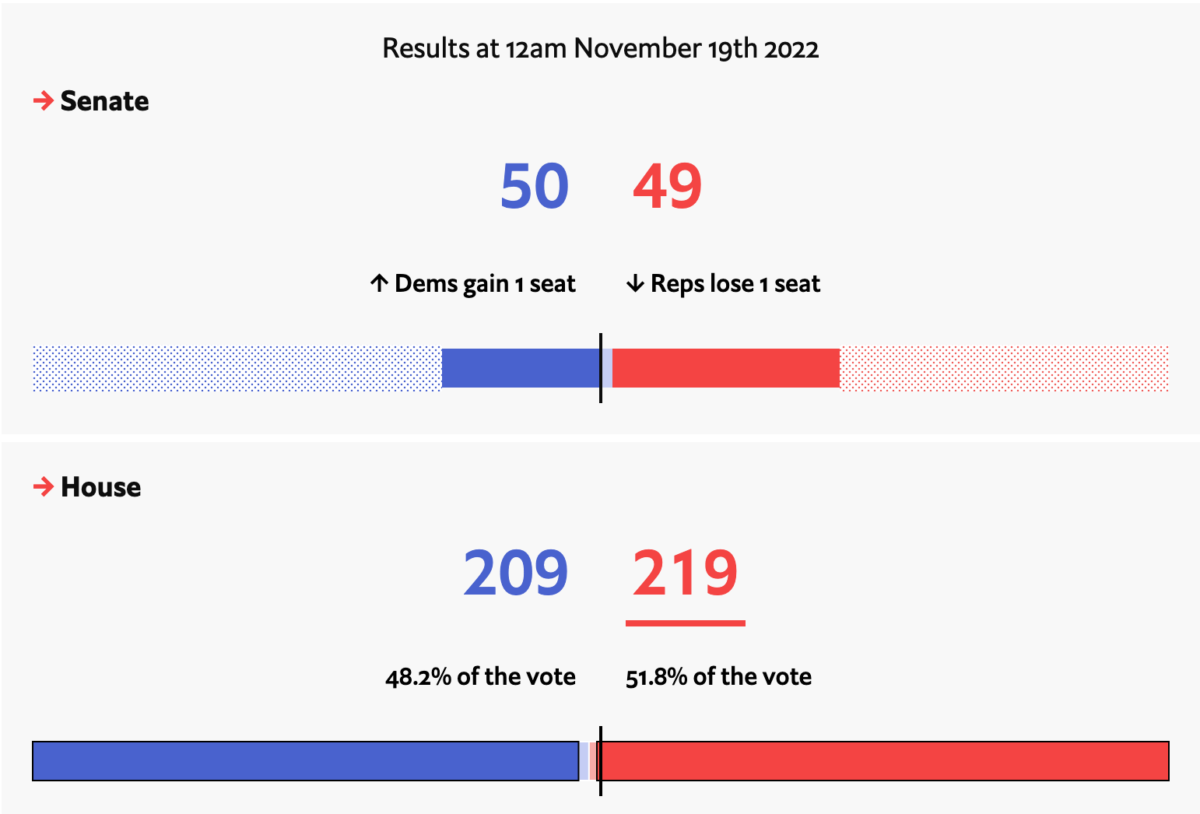The Texas Legislative session for 2023 began on Jan. 10 and runs through May 29, 2023. Republicans control both chambers. Some bills on the agenda threaten LGBTQ Texans and women’s reproductive rights.
by Foster Milburn
Every two years, Texas representatives meet for a consecutive 140-day period. The sessions include the discussion and passing of bills that affect all Texans. We, as Texans, vote for these representatives to represent us from all 150 Texas House districts across the state, but most people need to understand how these bills pass. Understanding this element is crucial as voting is more than just who is elected governor.
After a bill is passed in both the House and Senate, it is sent to the governor for signing. The last legislative session took place in 2021 and brought much attention to itself.
During this time, two bills passed directly affecting women and critical race theory, such as House Bill 1280 after the overturn of Roe v. Wade and the “critical race theory bill” that severely restricted the teaching of current and past events.
History won’t be erased, but we must learn and move forward from mistakes made and committed in the past. You can track these and more bills on the Equality Texas website, the official state LGBTQ advocacy organization.
This upcoming session will directly attack LGBTQ Texans with laws similar to the ones passed in 2021 that restrict transgender individuals and their access to essential healthcare such as hormone therapy.
In November 2022, Texas Representative Tony Tinderholt (R-Arlington) hired 22-year-old Jake Neidort as his office’s legislative director. Jake was a UNT student who advocated against transgender equality alongside his twin sister, who was seen in a TikTok video designing fliers, stating, “Criminalize Child Transitions.”
In 2021, videos emerged on social media showcasing the harassment of local drag queens in Dallas, Texas. One was of a man who was driven by a queen who had just left a family-friendly drag brunch held at Mr. Mister, located in Oaklawn. Protests and harassment followed suit. Protesters suggested that drag exposure to children is “abusive, pedophilic, and confuses children.” Dallas police showed up and helped those with children out of the area. A day to celebrate LGBTQ pride disrupted diversity with violence.
Now, in 2023, a bill on the agenda opens the discussion regarding children being in the presence of drag queens and LGBTQ culture in general. House Bill 643 states that any establishment, serving alcohol or not, would have to acquire a license that would require a registration fee and annual renewal. If a venue is found to violate this would be fined $4,000 and sentenced to a year in jail. In short, no more drag brunches for the inclusion of youth to be exposed to LGBTQ culture, even if family-friendly. This bill also brings up the fear of Pride festivals/parades becoming 21 years or older.
Pride parades are a time for all ages of the queer community and allies to celebrate diversity. It is a space where people come to feel safe to celebrate the queer community. This exposure is vital, especially for Texas youth, as being a minor can feel very isolating for younger queer people. I know this because that was me, as a native Texan.
Rain, a gay bar on 4th St., holds drag shows throughout the week. At Rain, Tuesdays and Wednesdays are 18 and up, according to Scott Percifull, a partner and general manager of Rain. “So there’s no opportunity for anyone under that age to get in,” he said, “it would be very challenging to enforce.”
The bill states that any business classified as a sexually oriented business would have to be a certain distance from any school or church in the area. When asked his thoughts, Percifull said, “It is restrictive. It is two steps shy of getting into private businesses and saying you can’t do that because we disagree with the culture.” Restrictions similar to HB 643, alongside other enforcements, foreshadow the hypocrisy as Texas is a state that dislikes rules concerning small businesses.
Parents assert that children should be able to make their own choices, yet when parents who do support the LGBTQ community want to expose their children to all things Pride, it’s wrong? Unfortunately, a brick wall divides the state of Texas into two sides. The side that wants to celebrate diversity and move to a more inclusive world, and the ones who want to bully the LGBTQ community out of the state.



